The stockmarket rebound has nothing to do with Ukraine or the Federal Reserve
Stockmarkets bounced yesterday after the Fed raised interest rates and hopes of peace in Ukraine rose. But more relevant was what happened in China. John Stepek explains why.

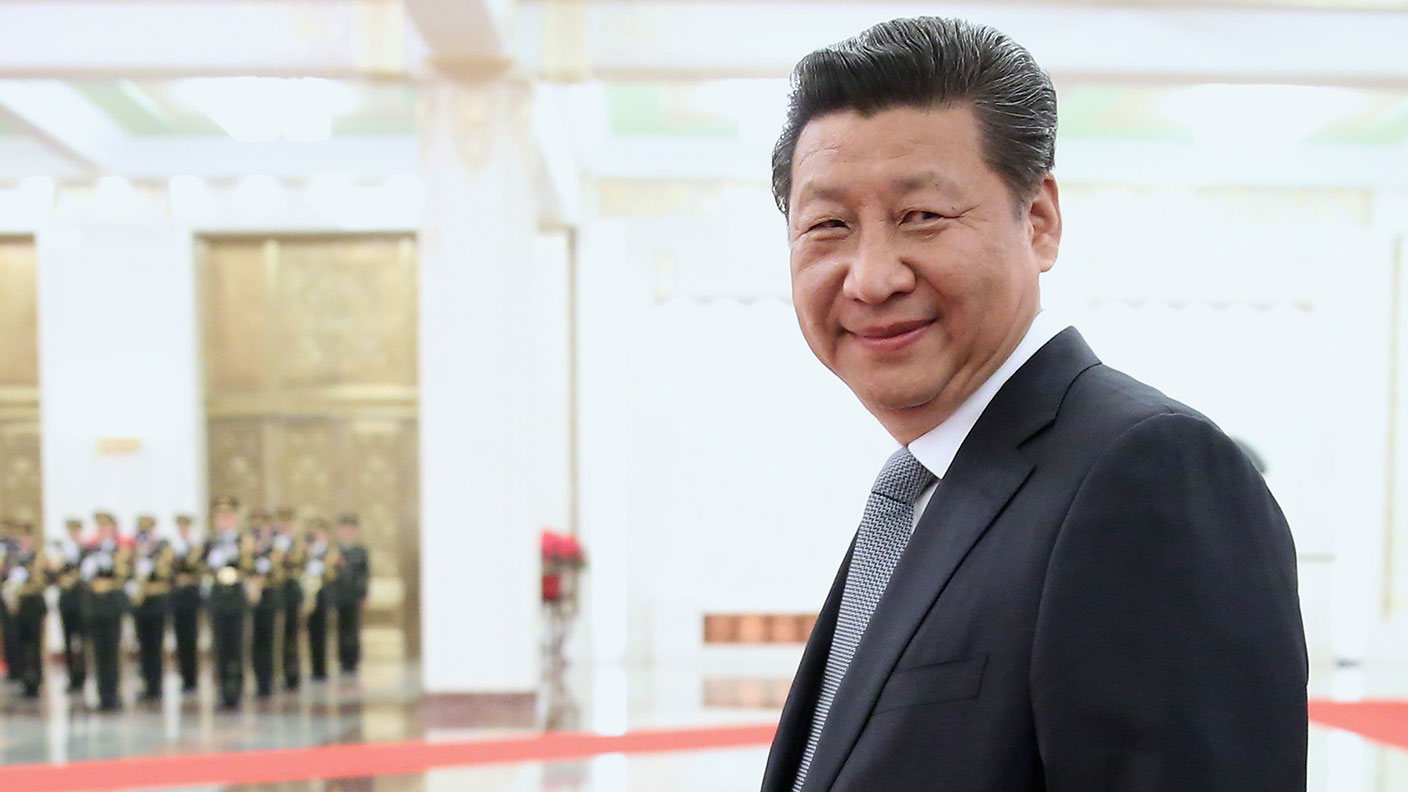
Get the latest financial news, insights and expert analysis from our award-winning MoneyWeek team, to help you understand what really matters when it comes to your finances.
You are now subscribed
Your newsletter sign-up was successful
Want to add more newsletters?

Twice daily
MoneyWeek
Get the latest financial news, insights and expert analysis from our award-winning MoneyWeek team, to help you understand what really matters when it comes to your finances.

Four times a week
Look After My Bills
Sign up to our free money-saving newsletter, filled with the latest news and expert advice to help you find the best tips and deals for managing your bills. Start saving today!
The most important thing to remember about markets is that they’re all about expectations.
When something is already expected, it will already be “priced in”. It doesn’t matter if it’s “good” news or “bad” news. If markets already knew it was coming, they won’t react when it actually comes.
I’m just starting with this point this morning because it helps to explain some of yesterday’s otherwise quite confusing market moves.
MoneyWeek
Subscribe to MoneyWeek today and get your first six magazine issues absolutely FREE

Sign up to Money Morning
Don't miss the latest investment and personal finances news, market analysis, plus money-saving tips with our free twice-daily newsletter
Don't miss the latest investment and personal finances news, market analysis, plus money-saving tips with our free twice-daily newsletter
The Federal Reserve was as aggressive as expected
Yesterday, the Federal Reserve, America’s central bank, raised interest rates for the first time since 2018. The monetary policy squad voted eight to one to raise by 0.25 percentage points to a target range of 0.25% to 0.5%. The single dissenter wanted to raise by half a percentage point. So no doves here.
The Fed (as manifested by chairman Jerome Powell) also promised to raise rates quite a bit more. It said that the US economy can take it, and made it clear that the whole “transitory” business is now behind it, and it wishes with hindsight that it had raised rates already.
Bear in mind that this is all being stated at a time when America’s headline stockmarket index is paddling in the shallows of correction territory (down more than 10% from its most recent high) and the Nasdaq has already taken a bracing dip into bear market territory (down more than 20%).
This is not the cuddly Fed that investors may have grown used to in recent decades. The obvious question is: why didn’t markets freak out? And the obvious answer – as alluded to in our introduction today – is because markets already expected it.
Inflation in the US is sitting at a headline rate of nearly 8%. The US interest rate (until yesterday) was sitting at 0%. Not even Alan Greenspan (well, OK, maybe) could’ve sat on his hands with that kind of disparity.
The question was never: “will the Fed be aggressive?”, it was: “how aggressive will the Fed be?” And given that markets had been pricing in up to seven interest-rate rises this year, it was going to be hard for the Fed to go any harder than markets expected.
So the most important interest-rate-setting meeting since the pandemic turned out to be priced in.
Russia’s invasion of Ukraine is pricing in more of the same
The question then becomes – why did markets enjoy a solid rebound yesterday, once the Fed was out of the way?
There are two main candidates. One is the invasion of Ukraine. We keep getting hints that we might be edging closer to some sort of peace deal. Over the last few days I suspect that this is what has put a dampener on the chaotic rise in commodity markets (though there’s a lot going on in the plumbing there too which might be a big contributor).
Obviously, the war is a tricky thing to “price in”. But right now I think we can take a good guess at where markets are with it, and that’s all you really need at this sort of level.
Basically, as long as this stays within the borders of Ukraine and doesn’t spill over to become World War III, markets will park it as an issue. Russia has become more of a pariah, but it’s been on that path since at least 2008, and took many more steps down it with its 2014 invasion of Crimea.
Markets are cold-blooded things, and they may well be wrong. After all, if anything could be described as irrational in the narrow sense, it’s war, and markets aren’t great with irrationality. But you can see that this – a messy settlement with ongoing Russian tensions – is what’s being priced in.
The big surprise came from China
So that leaves us with the one genuine surprise from yesterday. And that came from China.
Something quite interesting has been happening in Chinese markets. In some ways, what’s been happening may well have been the most significant impact of the sanctions on Russia.
What am I talking about? The shutting down of Russian markets made investors do one significant thing - they re-evaluated the importance of property rights. And one major investment destination where property rights have been increasingly called into question in the past year, is China.
There’s been an economic slowdown, a property crash of sorts, and ongoing Covid-19 shutdowns to contend with too. But the thing really worrying international investors over the past year or so has been China’s increasing hostility to shareholder capitalism. It no longer seemed compatible with Xi Jinping’s “common prosperity” approach.
So you can see why investors might want to reconsider whether having money in China was really such a sensible option, particularly when it was entirely unclear which way the country was jumping on Ukraine.
It appears that Xi has decided that there are still gains to be had from milking the international capitalist system, and that the fear has gone far enough. He might also have woken up to the fact that a chaotic slide in markets isn’t any healthier for social cohesion than wealth disparity is.
As Sofia Horta e Costa reports on Bloomberg, “China’s top financial policy body vowed to ensure stability in capital markets, support overseas stock listings, resolve risks around property developers and complete the crackdown on Big Tech ‘as soon as possible’.”
In other words, “we get it, markets matter to us too, we’re going to make sure everything gets sorted”. You could call it the “China put”, which markets have welcomed now that the “Greenspan put” (the implied promise that the Fed would always step in to prop up equity markets) has been retired.
As a result, Hong Kong markets and Chinese stocks listed overseas rocketed (bear in mind of course that the Hang Seng China index had previously dived by 24% in a single month).
Is this a long-term change of heart? I very much doubt it. As Andrew Batson of Gavekal notes, “the odds are... that this is a change in short-term tactics, not long-term strategy.”
But it does explain the bounce. And while you might not fancy filling your portfolio full of Chinese stocks, a more relaxed approach to monetary policy from the biggest economy in Asia probably bodes well for stocks in that part of the world in particular.
Get the latest financial news, insights and expert analysis from our award-winning MoneyWeek team, to help you understand what really matters when it comes to your finances.

-
 Should you buy an active ETF?
Should you buy an active ETF?ETFs are often mischaracterised as passive products, but they can be a convenient way to add active management to your portfolio
-
 Power up your pension before 5 April – easy ways to save before the tax year end
Power up your pension before 5 April – easy ways to save before the tax year endWith the end of the tax year looming, pension savers currently have a window to review and maximise what’s going into their retirement funds – we look at how
-
 Is it different this time for Japanese stocks?
Is it different this time for Japanese stocks?Analysis Nikkei 225 Index has jumped 19.8% this year, and there are signs the rally could continue.
-
 As China reopens, why pick an income strategy?
As China reopens, why pick an income strategy?Advertisement Feature Yoojeong Oh, Investment Manager, abrdn Asian Income Fund Limited
-
 Is Japan the best market to invest in now?
Is Japan the best market to invest in now?Opinion Japan puts Western economies to shame and offers good value for both equity and bond investors, says Max King.
-
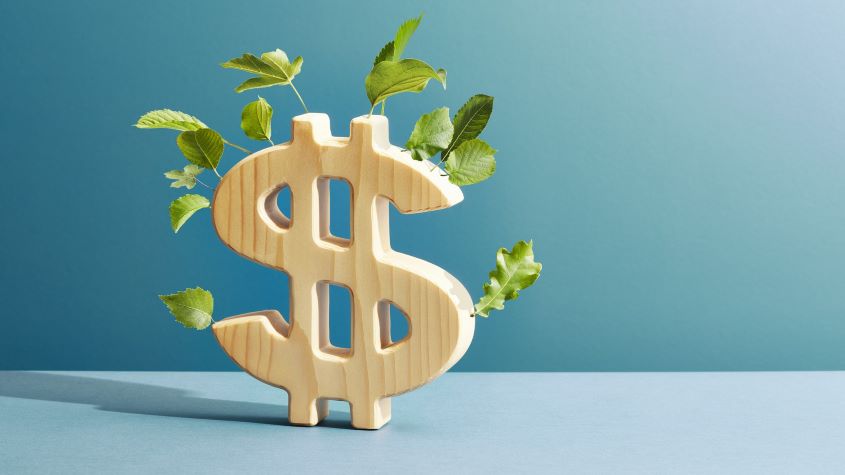 The highest yielding S&P 500 Dividend Aristocrats
The highest yielding S&P 500 Dividend AristocratsTips Dividends are a key component of investment returns in the long-term. A portfolio of dividend aristocrats is a great way to build wealth and a sustainable income stream.
-
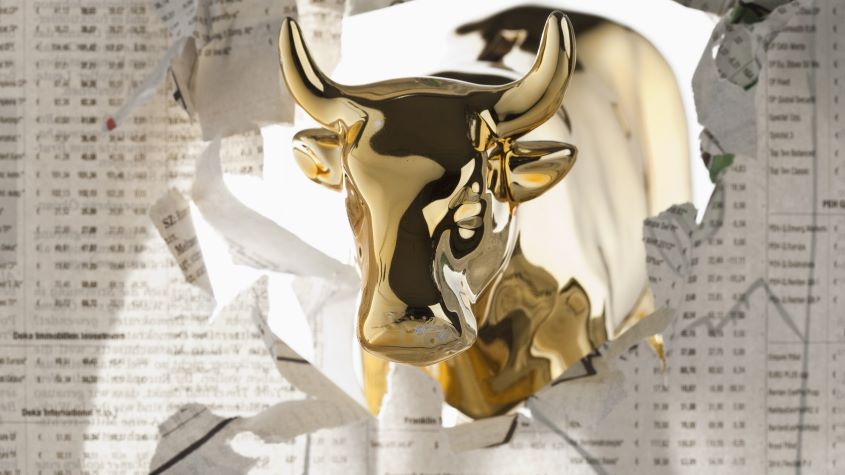 2023 will be a bumper year for stocks. Here’s how to play the rally
2023 will be a bumper year for stocks. Here’s how to play the rallyTips Dominic Frisby explains why he thinks the market rally could have further to run in 2023 despite macroeconomic headwinds
-
 A new dawn for Asian markets?
A new dawn for Asian markets?Advertisement Feature James Thom, Investment Manager, abrdn New Dawn Investment Trust plc
-
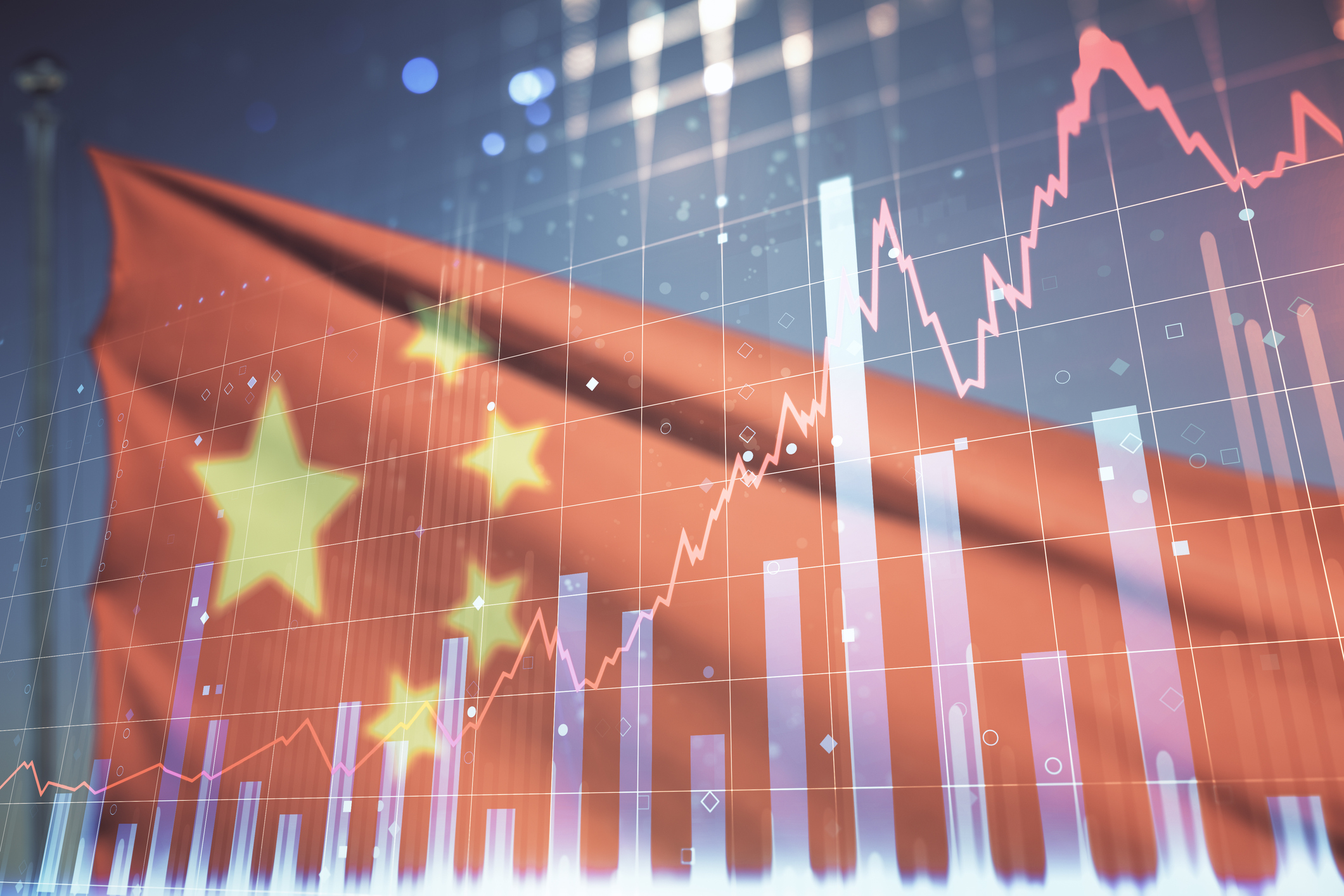 China’s post-covid investment boom off to a slow start. Should you still invest in China?
China’s post-covid investment boom off to a slow start. Should you still invest in China?Advice Investors are no longer bullish on the China shop but the gloomy consensus on Beijing’s economy might be unfair. Should you invest in China?
-
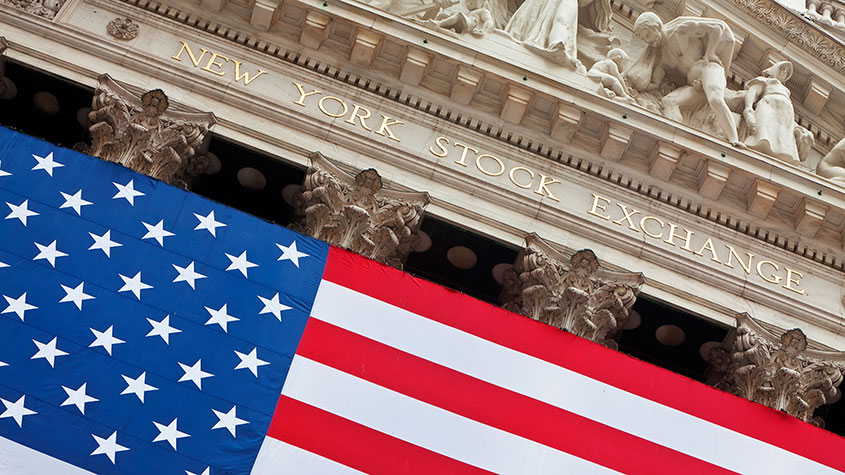 Stock market crash? This time it’s (slightly) different
Stock market crash? This time it’s (slightly) differentOpinion The bears expecting a stock market crash have got it wrong, says Max King.